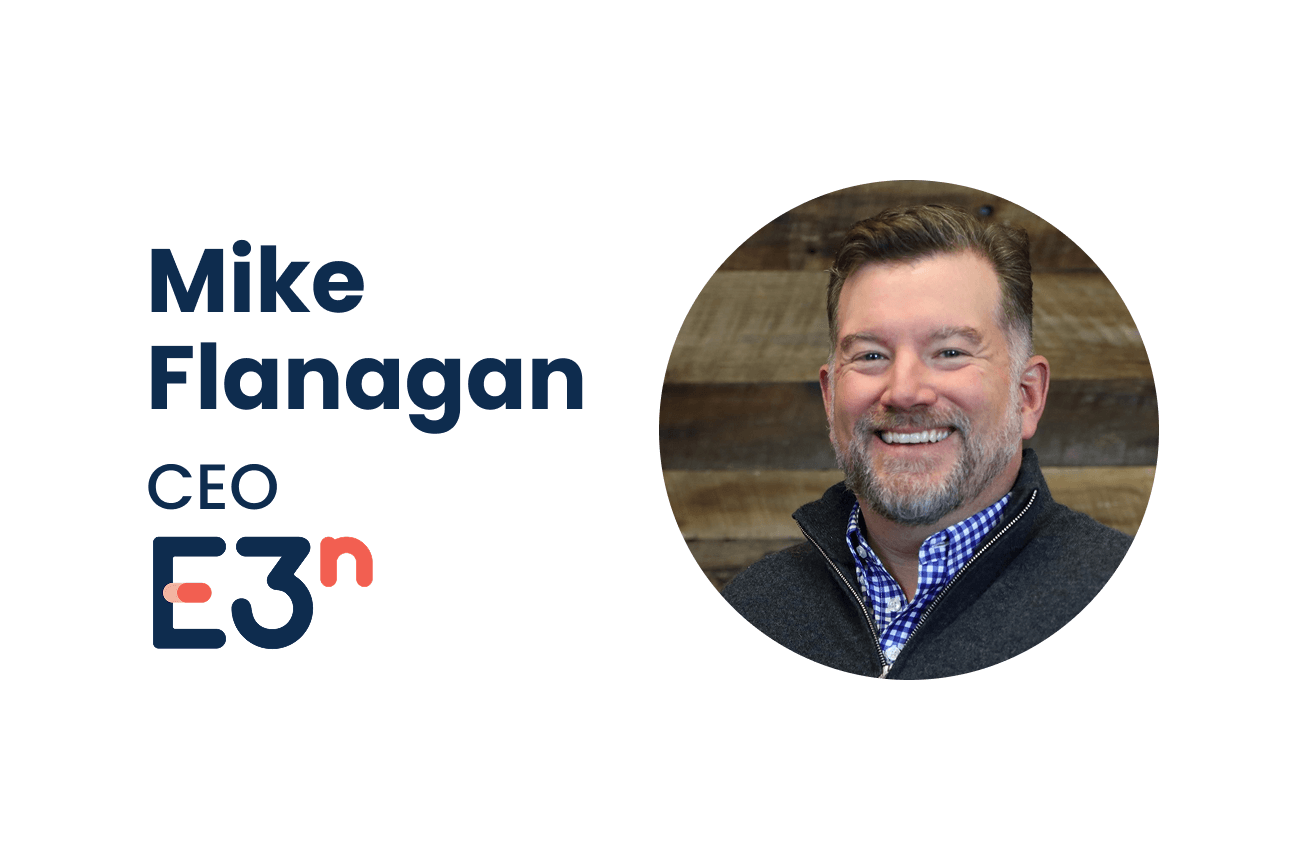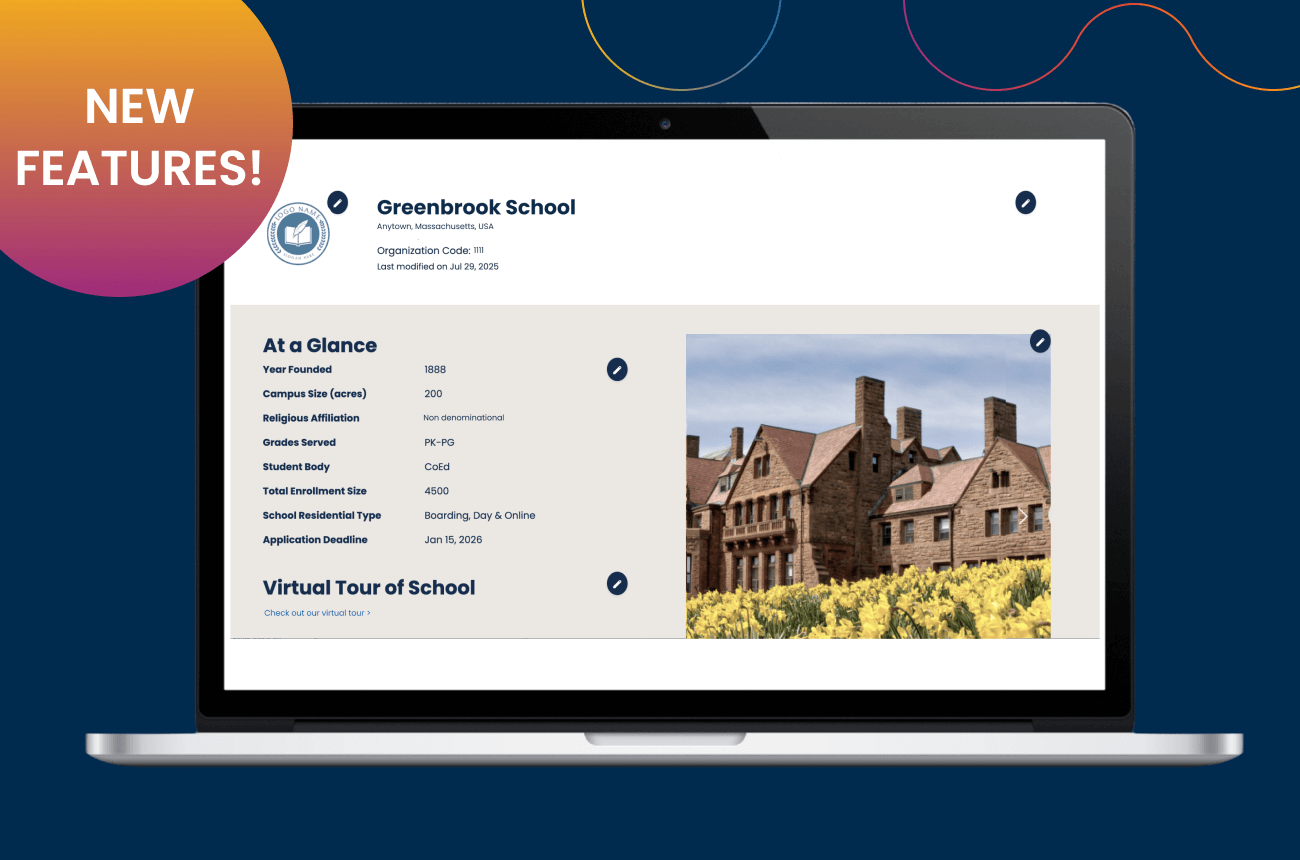What You Need to Know about The Mastery Transcript Consortium

In 2014, D. Scott Looney, head of Hawken School in Ohio, published in his school’s magazine an essay titled “The Future for Education: Why Hawken Has to Lead.” The paper was a rallying cry to the Hawken community to take the lead in fixing what he described as a fundamentally broken U.S. educational system. He asserted that the way in which education evolved— and the “sacred cows” this evolution created—is woefully inadequate to prepare children for a new age and a new economy. The essay quickly garnered attention among the independent school community.
For Looney, the student transcript is the ultimate representation of this broken system, which he believes emphasizes standardization, testing, and grades (most of which are so inflated as to become meaningless). In an attempt to reverse engineer the model, Looney set his sights on re-envisioning the transcript itself. And in order to address the transcript on a large scale within the independent school community, Hawken School, along with 18 others, founded the Mastery Transcript Consortium (MTC).
The MTC is a growing consortium of accredited independent schools “organized around the development and dissemination of an alternative model of assessment, crediting, and transcript generation.” The speed at which it has developed and the momentum the group has generated in a relatively short period of time is impressive. Just this past April, the Edward E. Ford Foundation awarded MTC with a $2 million Collaborative Innovation Grant, and the MTC website currently boasts well over 130 member schools—including Khan Lab School, the school Sal Khan (of Khan Academy fame) founded in 2014.
Some of the MTC staffers still also hold positions in their schools, but others are full-time employees of MTC, including interim executive director Patricia C. Russell and newly-hired chief product officer Mike Flanagan. Many will recognize Flanagan as the former CEO of School and Student Services (SSS), which was recently acquired from NAIS by Education Brands. Flanagan’s role at MTC will be critical in building the technology platform necessary to support use of a new mastery transcript inside schools and in integrating the platform between and among the numerous student information systems.
The Mastery Transcript is currently envisioned as a three-level digital tool: the one page display level to replace the one page transcript, which links to pages of institutional standards that link to student work product and teacher feedback. This new transcript model will also report on a student’s mastery of “a specific skill, knowledge block, or habit of mind as defined by the crediting high school.” For each school in the consortium, the general format of the transcript will be the same, but each school will devise its own set of rubrics with which to evaluate students.
The vision of the MTC does not stop with the transcript. The MTC also seeks to “change the relationship between preparation for college and college admissions.” Similar to the concept laid out in the Turning the Tide report published in January 2016 by the Making Caring Common project (Harvard Graduate School of Education), Looney and others believe that we need to send different signals to high school students about what is important—something radically different than a relentless, exhausting, and single-minded focus on grades and test scores.
As with any bold initiative, the work of the MTC has its skeptics and critics. The skeptics, of course, wonder if the team can pull off such a transformation. Education reform is a historically tough sell, and the number of stakeholders that need to buy in include a large number of college admission officers and anxious high school parents. In a recent interview with Inside Higher Ed, Michael Reilly, executive director of the American Association of Collegiate Registrars and Admissions Officers, offered this perspective: “My initial read is that this would be a good set of information to augment a traditional transcript but, by itself, could harm students seeking to attend institutions that are mandated to evaluate admissions, at least in part, on completion of a core set of courses and the performance (grades) in those courses.”
Looney knows that this work will take years, and cites a 10-year horizon for seeing meaningful results. Independent school admission and enrollment managers are wise to remain informed about these developments as part of the overall industry move towards greater use of non-academic and non-traditional measures in our admission and selection processes.




